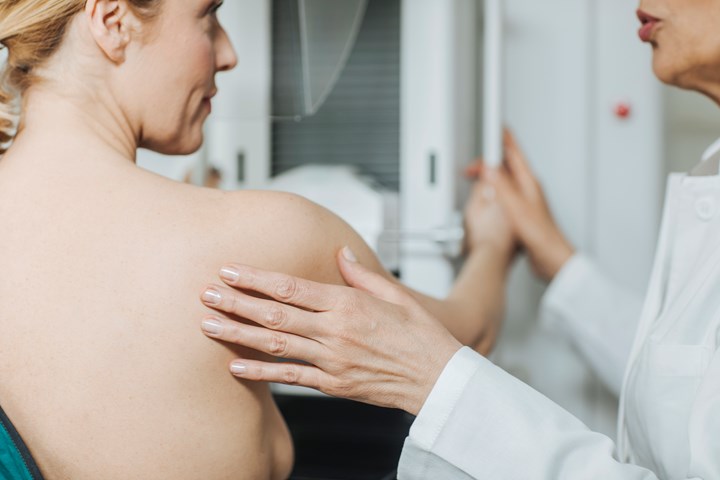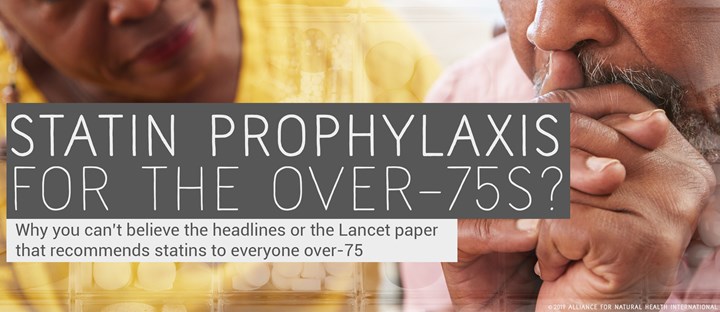CAM Conferences in collaboration with the British Association for Applied Nutrition and Nutritional Therapy (BANT) hosted a series of 3 events this year for UK nutritional therapists’ continuing professional development. ANH-Intl’s Meleni Aldridge and Yvonne England attended the first, in March, and the concluding conference on Female Health this past Saturday 9th November 2013. We report on the day’s events and summarise the key take home messages.
Plenty of evidence that food affects mood

Deborah Colson MSc DipION MBANT
Deborah Colson, from the Brain Bio Centre, kicked off the proceedings with her presentation on ‘Depression in women: a nutrition approach’. She spoke about the current evidence in the peer review, which supported that healthier eating and whole, non-processed foods improve mood, whilst processed foods increase the risk for depression. Insulin resistance and high insulin levels, gluten and smoking are all factors that are associated with depression, as are fluctuating hormone levels in women. Low carbohydrate, higher protein diets demonstrate improvements in inflammatory markers — and inflammation is not only one of the root causes of chronic disease, but depression too. Deborah also stressed the link between high homocysteine levels and depression. Homocysteine is also linked to Alzheimer’s Disease.
Balancing hormones can be as simple as eating right

Marilyn Glenville PhD
Marilyn Glenville PhD is the former President of the Food and Health Forum, Royal Society of Medicine. In her presentation, ‘Women’s Health – using nutrition to balance hormones’, Dr Glenville focused on conditions linked to hormone disruption in women, and the role of nutrition in restoring balance.
Hormone imbalance can lead to a wide array of heath problems in women, not limited to menstrual problems, premenstrual syndrome (PMS), polycystic ovary syndrome (PCOS), endometriosis, infertility, menopausal symptoms, fibroids and breast cancer. Here too inflammation also plays its part. Marilyn stressed the importance of a healthy gut and liver, which helps ensure that excess oestrogen is ‘packaged’ for excretion from the body. An overgrowth of the wrong kind of bacteria in the gut and you risk having the ‘package’ cleaved open and the oestrogen cast back into circulation again. Effectively leading to an overdose of oestrogen, which can wreak havoc even if it’s your own!
One in 2 women develop osteoporosis. It’s a bigger killer than ovarian, cervical and womb cancers combined, and yet there is currently no national screening in the UK. Women consuming the most acid-producing diets have 4 times as many hip fractures as women with a more optimal pH balance. Keeping a copy of the Potential Renal Acid Load (PRAL) chart close to hand suddenly makes good health sense. And it’s worth remembering that fizzy drinks are bad for bone health. Even 4 colas per week can result in a higher risk of developing osteoporosis.
Diet and lifestyle modification – literally life and death

Jo Gamble BA (hons) Dip CNM MFNTP
Jo Gamble representing Nutri Advanced, the platinum sponsor for the event, gave the keynote presentation, ‘A clinical approach to oestrogen metabolism’. Jo outlined the functional medicine and nutritional approach to supporting healthy oestrogen metabolism and reminded us all about the dangers of xenoestrogens. These oestrogen mimickers lurk in plastics, solvents and pesticides, but women’s bodies are further bombarded by synthetic drugs and the oral contraceptive pill. Further disruption is caused by chronic stress, inflammation, nutrient insufficiencies, and dysbiosis (unbalanced gut bacteria).
The presentation gave an insight into the impact of certain single nucleotide polymorphisms (SNPs) that effect liver detoxification and hormone metabolism. Thanks to Angelina Jolie, most people are now very familiar with the SNP that increases breast cancer risk. But far fewer are aware that epigenetics (diet and lifestyle behaviours) can reduce the risk by up to 90-95%!
In summary…

Lorraine Nicolle MSc
Lorraine Nicolle MSc wrapped up the day with her presentation entitled ‘Female hormonal health – some priority points of leverage for practitioners’. Her 5 key take home points say it all:
- Support adrenal function — deal with stress, including inappropriate diet and lifestyle choices
- Normalise blood glucose and insulin function — reduce carbohydrate intake from grains and starches and drastically limit sugar. Then bring in some intermittent fasting.
- Support detoxification systems — look after your liver and help to support normal homocysteine levels by eating lots of dark green leafy vegetables, good quality protein, nuts and eggs
- Optimise gut microbial balance — enjoy fermented foods like sauerkraut, kombucha and coconut yoghurt whilst limiting fruit to 3 per day
- Balance neurotransmitters — eat healthily, avoid stimulants, get moving and make sure you get 7-8 hours of quality sleep a night.
Further nutritional pearls:
- Phytoestrogens (e.g. lignans in flaxseeds) are protective when there is too much or too little estrogen in the body. Cruciferous vegetables (e.g. 3 portions of broccoli daily) help to ‘package’ oestrogen for excretion.
- To help balance hormones and reduce inflammation in the body, eat a rainbow every day of plant based whole foods, good quality protein and essential fats. Reduce sugar intake, starchy carbs and gluten (grains), and avoid processed vegetable/seed oils. Ensure sufficient sunshine exposure or vitamin D3.
- Other helpful nutrients for balancing oestrogen and improving mood include rosemary, turmeric, vitamins A, C, E, green tea, lycopene (in cooked tomatoes), folate, vitamins B2, B6 and B12, magnesium, zinc, selenium, chromium, probiotics, resveratrol (from red wine), quercetin (from onions), calcium D-glucarate (in oranges, apples, grapefruit and cruciferous vegetables), legumes, and alfalfa.
- Weight-bearing exercise is key for bone health, as are vitamins K2 and D, boron, magnesium and calcium.
- Herbs helpful for menopausal and perimenopausal symptoms include black cohosh, agnus castus, dong quai, sage and milk thistle.
Please remember that if you require specific support for balancing female hormones you should visit a suitably qualified healthcare practitioner.
Your choice
Adelle Davis, US nutritionist of the 60s and 70’s was famously quoted, “As I see it, every day you do one of two things: build health or produce disease in yourself.” It’s a useful way to think before you decide which daily nutrition and lifestyle choices you’re going to make.








Comments
your voice counts
There are currently no comments on this post.
Your voice counts
We welcome your comments and are very interested in your point of view, but we ask that you keep them relevant to the article, that they be civil and without commercial links. All comments are moderated prior to being published. We reserve the right to edit or not publish comments that we consider abusive or offensive.
There is extra content here from a third party provider. You will be unable to see this content unless you agree to allow Content Cookies. Cookie Preferences